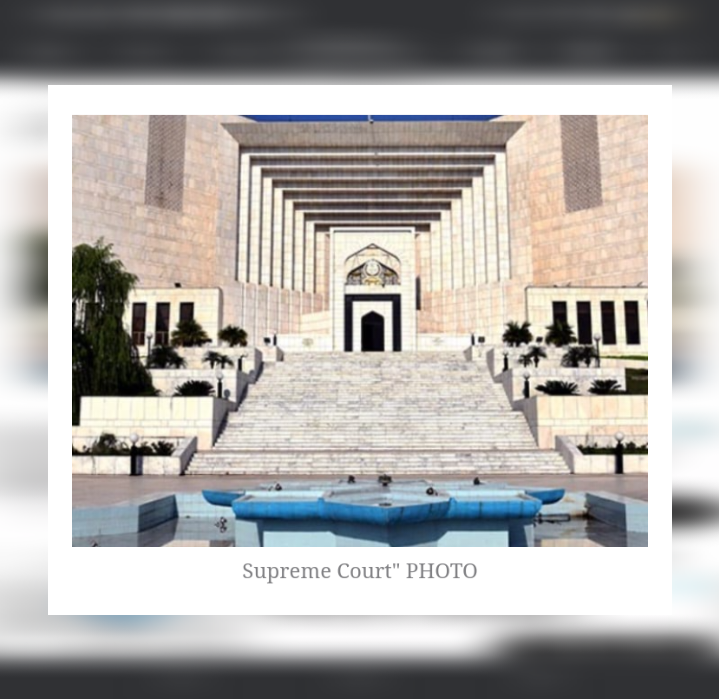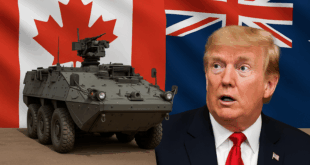Justice Naeem Akhtar Afghan of the Supreme Court’s constitutional bench stated on Tuesday that international law does not explicitly prohibit the court-martial of civilians.
The SC judge made these remarks during the hearing of intra-court appeals challenging the declaration of civilian trials in military courts as null and void.During the proceedings, Justice Jamal Khan Mandokhel inquired about the implications if a country fails to adhere to international regulations.
The appeals were heard by a seven-member bench, led by Justice Aminuddin Khan.Justice Naeem Akhtar Afghan, during the hearing of an intra-court appeal against the decision to try civilians in military courts, remarked that international principles do not state that civilians cannot be court-martialed.
The lawyer of the May 9th accused, Arzam Junaid, Salman Akram Raja, continued his arguments, saying that he would complete his arguments by 11 AM. Justice Jamal Mandokhel remarked that it would be better if the arguments were completed in half an hour.Salman Akram Raja responded by saying that he should be allowed to say what he wanted so that he could finish by 11.
He emphasised that in simple terms, civilians’ basic rights should not be terminated to conduct a court-martial.Salman Akram Raja argued that court-martialing civilians goes against international standards for a fair trial.
“International standards require that trials be public, fair, and transparent, with decisions being made public. Decisions from military tribunals around the world are often appealed in courts, and a ruling by a European court has forced many countries to revise their court-martial procedures,” he said.
Justice Jamal Mandokhel asked, “What would happen if international principles are not followed?” To which Salman Akram Raja responded, “Not adhering to international principles means that the trial is not transparent.”Justice Mandokhel pressed further, “What happens if a country violates international principles?” Raja replied, “Some international principles are mandatory, while others are not.
However, the principle of a fair trial, as enshrined in Article 10A of our Constitution, was added in light of international standards.”Justice Naeem Akhtar Afghan then remarked, “Nowhere in international principles does it state that civilians cannot be court-martialed.
“Salman Akram Raja pointed out that in the UK, court-martials are conducted by independent judges, not military personnel. “In the FB Ali case, the principle of separation of powers wasn’t in place. At that time, deputy commissioners and tehsildars conducted criminal trials.
It was argued that if a deputy commissioner could conduct a criminal trial, a colonel could do so as well.”Raja continued, “All countries present their compliance with international principles to the United Nations.
The UN’s Human Rights Committee reviews these reports and gives their opinion.” He added that last year, in October and November, the UN Human Rights Committee reviewed Pakistan’s military justice system and expressed concern over the court-martialing of civilians.”
The committee found that Pakistan’s military courts are not independent,” he noted, “and they recommended granting bail to those in military custody.” Raja also mentioned that the European Commission had stated that the court-martial of the nine protestors was incorrect, and that the European Union had granted Pakistan GSP Plus status.
He further highlighted, “Justice Yahya Afridi raised these same concerns in his dissenting note, asking why thousands could be tried in ATC courts but not the 105 in question.”
 Top Trends Blogs Trending Blogs – Latest News
Top Trends Blogs Trending Blogs – Latest News

